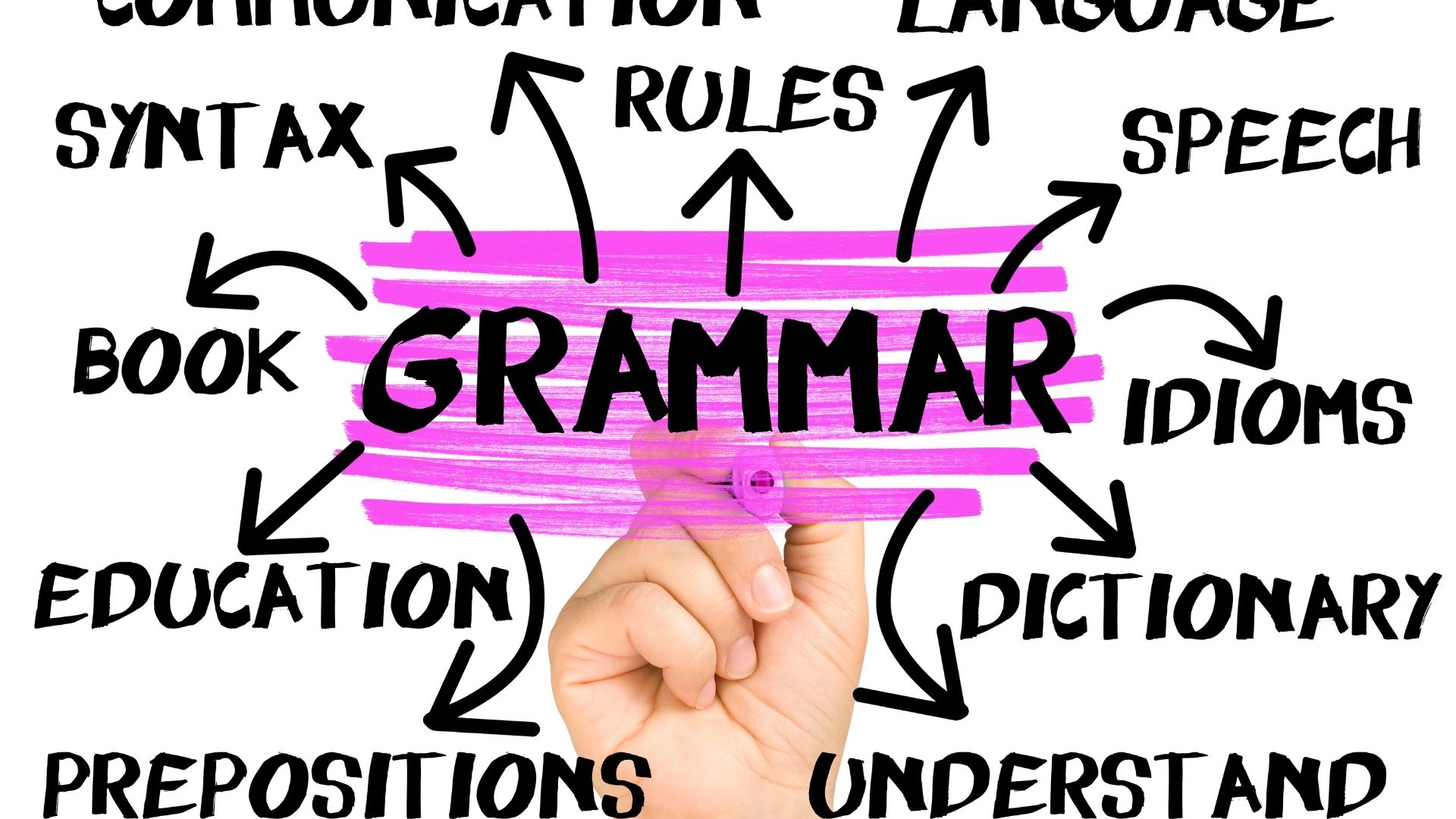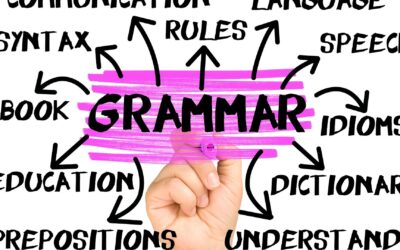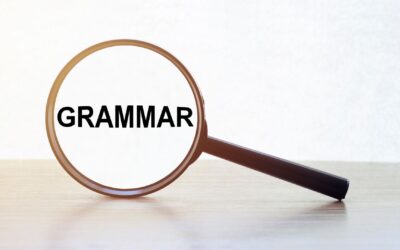- Introduction
- Audio Podcast
- Pretest
- The Past Participle: Regular and Irregular Verbs
- Irregular Verbs Group 1: All three forms are the same
- Irregular Verbs Group 2: Past Participle ends in -en
- Irregular Verbs Group 3: Vowel changes from a in the simple past to u in the past participle
- Irregular Verbs Group 4: Past tense and past participle forms are the same
- Irregular Verbs Group 5: Past participle adds final -n
- Irregular Verbs Group 6: The first and third forms are the same
- Irregular Verbs Group 7: One of the three forms is very different
- Irregular Verbs Group 8: Both regular and irregular forms are used
- Present Perfect with Since and For
- Present Perfect for Unspecified Time and Repeated Events
Introduction
Learn about the present perfect in this episode from Grammar Course Chapter 2 Perfect and Perfect Progressive Tenses from English Plus Podcast. You will also learn some tips and tricks about irregular verbs and there is a lot of practice right here on the website.
Audio Podcast
Pretest
The Past Participle: Regular and Irregular Verbs
We need to know about the past participle because it is the form we need to use with all perfect tenses. If the verb you want to use is regular, there is no change between the simple past form and the past participle. You just add -ed the same way you do with the simple past, but irregular verbs is another story.
There are no rules to tell you how to change verbs or what to add or not add to them, but you can group irregular verbs in categories to make it easy for you to remember those verbs.
Irregular Verbs Group 1: All three forms are the same
In this group, irregular verbs stay the same; they don’t change in the simple past form or in the past participle form.
e.g.
set – set – set
put -put – put
Irregular Verbs Group 2: Past Participle ends in -en
In this group, past participles ends in -en
e.g.
bite – bit – bitten
fall – fell – fallen
Irregular Verbs Group 3: Vowel changes from a in the simple past to u in the past participle
In this group the vowel changes to ‘a’ in the simple past and to ‘u’ in the past participle.
e.g.
drink – drank – drunk
swim – swam – swum
Irregular Verbs Group 4: Past tense and past participle forms are the same
This group is definitely the most common in irregular verbs where both the simple past and the past participle have the same form
e.g.
keep – kept – kept
stand – stood – stood
Irregular Verbs Group 5: Past participle adds final -n
In this group, the past participle adds final -n, with or without a spelling change.
e.g.
draw – drew – drawn
wear – wore – worn
Irregular Verbs Group 6: The first and third forms are the same
In this group, the first and third forms of irregular verbs are just the same, only the simple past form is different.
e.g.
become – became – become
run – ran – run
Irregular Verbs Group 7: One of the three forms is very different
In this group, we only have two verbs, and very commonly used verbs I have to add, where one of the three forms is totally different with nothing in common with the other two.
e.g.
be – was, were – been
go – went – gone
Irregular Verbs Group 8: Both regular and irregular forms are used
In this group, verbs have both regular and irregular forms. In this case, we usually use the regular form in American English and the irregular form in British English.
e.g.
awake – awakened/awoke – awakened/awoken
learn – learned/learnt – learned/learnt
Present Perfect with Since and For
The present perfect is often used with since and for to talk about situations that began in the past and continue up to now.
Since and for have practically the same meaning but they are not used the same way. Since is used with a specific point in time, while for is used with a length of time.
e.g.
I have known her since 2002.
I have known her for 19 years.
Present Perfect for Unspecified Time and Repeated Events
The present perfect can talk about events that have (or haven’t happened) before now.
e.g.
I have never been to Paris before.
I have seen this movie before.
The present perfect can also express an event that has occurred repeatedly from a point in the past up to the present time, and the event may happen again.
e.g.
We have had three tests so far this term. (We may still have other tests before the term ends.)
I’ve met many people since I came here. (I’m still here and I may still meet more people.)












1 Comment